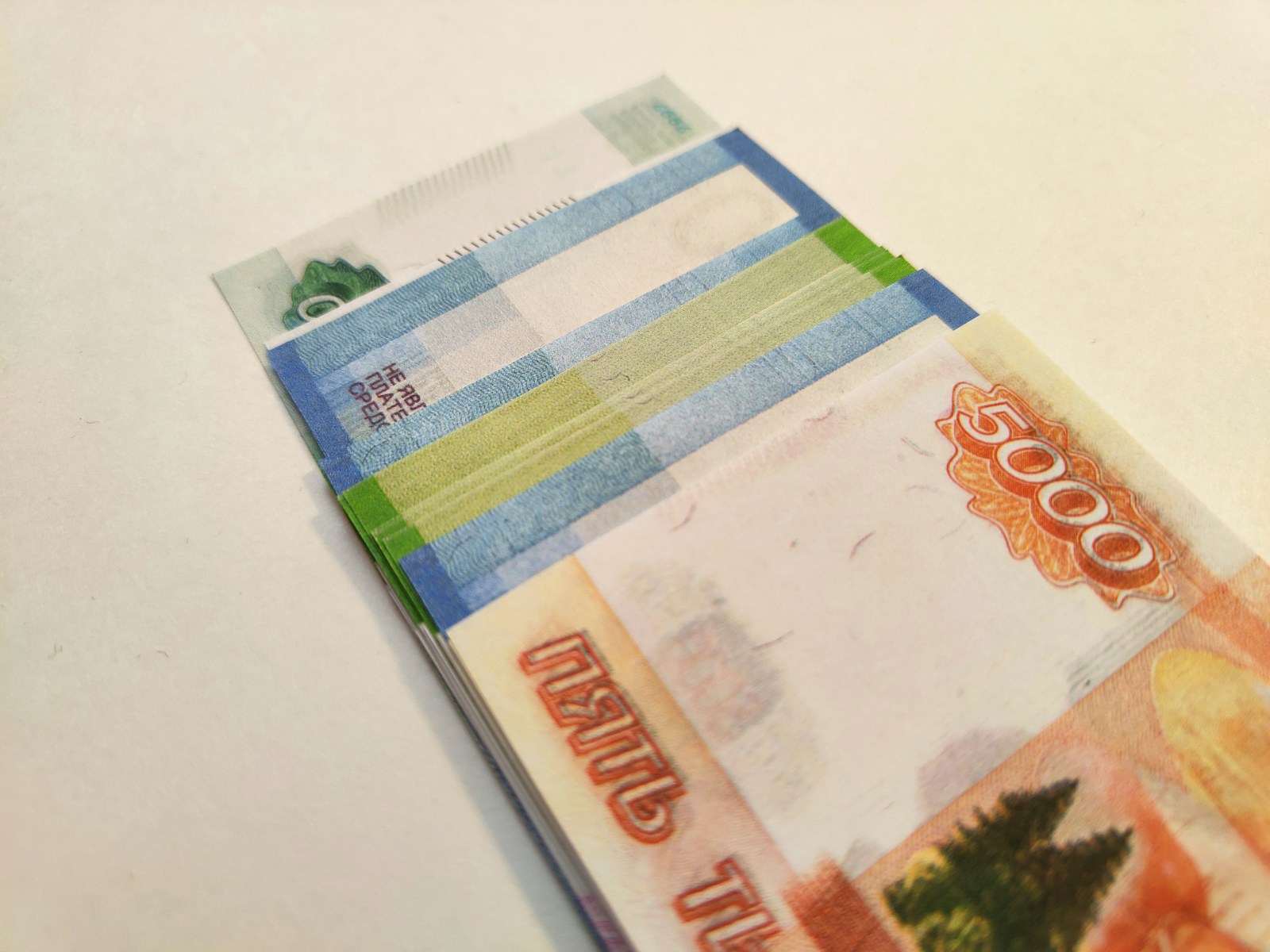
moneda extranjera

foreign currency
The phrase 'moneda extranjera' in Spanish translates to 'foreign currency' in English. It is commonly used in financial and business settings. It refers to the money or currency of a foreign country, which could be in the form of paper money, coins, or electronic units of exchange. In essence, if the currency you have is not used in your domestic country and is from a foreign country, it is classified as 'moneda extranjera'. This term is broadly used in businesses, banks, or anywhere else where the exchanging of currencies take place.
Example sentences using: moneda extranjera
Al viajar a un nuevo país, es útil llevar un poco de moneda extranjera.

When you travel to a new country, it's helpful to carry a bit of foreign currency.
This sentence is a useful advice for those who plan to travel abroad. It implies that one might find it handy to have some foreign currency of the target destination to readily pay for goods and services upon arrival. The term 'moneda extranjera' refers to the currency that is not the standard in one’s own home country.
La tasa de cambio de moneda extranjera puede variar día a día.

The foreign currency exchange rate can vary from day to day.
This sentence refers to the fluctuation of exchange rates. The 'tasa de cambio' refers to the value of one currency for the purpose of conversion to another. 'Moneda extranjera' here is a reminder that different countries have different currencies, and their value relative to one another is not constant and can change daily.
La compra y venta de moneda extranjera es un negocio lucrativo para los bancos.

Buying and selling foreign currency is a lucrative business for banks.
This phrase is referring to the financial industry practice of foreign exchange. Banks and financial institutions often engage in 'compra y venta de moneda extranjera' (buying and selling of foreign currency) as a means of earning profits. This is because the exchange rates between different currencies can fluctuate, creating opportunities for profit.